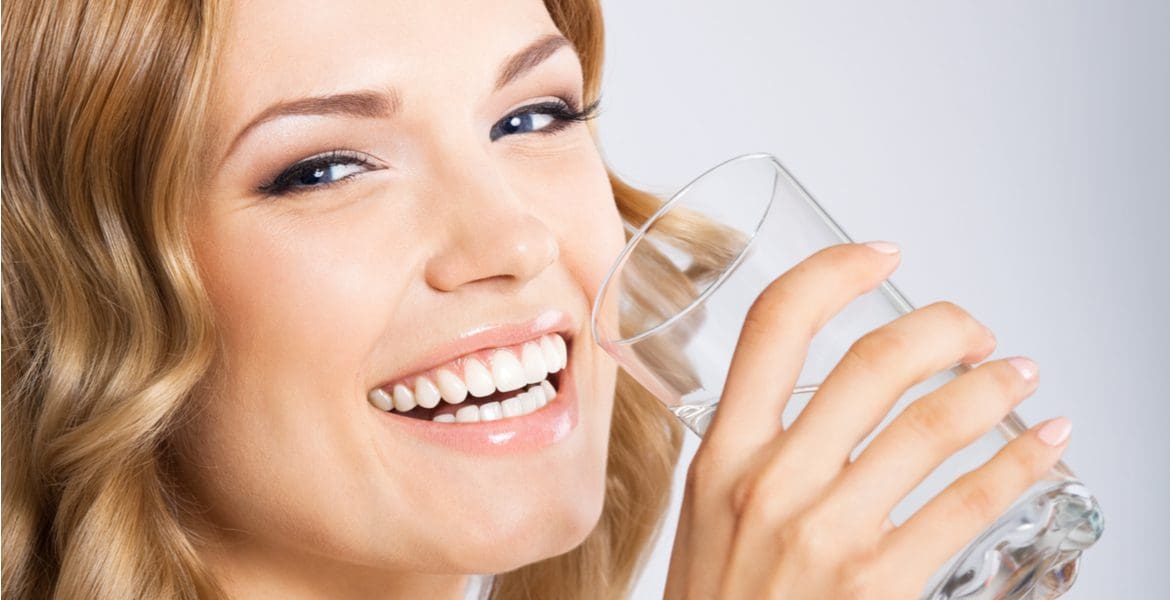Dehydration can be a prime culprit making you feel tired and sluggish. If we admit that we aren’t drinking enough water, it’s not surprising we feel the need for a nap. Nutritionists say most of us walk around in a constant state of dehydration, and they offer tips and tricks to make sure you get enough water every day. The old standby that says you should drink 8-12 glasses a day has flown out the window. Experts now tailor the formula to your body weight.
One dietitian suggests multiplying your weight by 0.67 ounces for your daily goal. If you weigh 140 pounds, your daily goal would be 94 ounces. If you drink one standard 16-ounce glass of water with breakfast, lunch and dinner, you’ll be half way toward your daily goal of nine glasses.
Almost any beverage except alcohol will help you stay hydrated, so sip on tea or 100% juice or broth if you’re a little bored with water. Eating foods that contain water will also help push you toward that daily goal.
If feeling thirsty and tired persists most days of the week, however, your body may be trying to send you a signal that there’s more going on that just dehydration. The message may be even stronger if you’re going to the bathroom more, if you’ve seen changes in the condition of your skin and hair, and if you’re plagued with headaches.
Consult your doctor if these are symptoms you’re experiencing and bring them up at your annual physical. There may be underlying medical causes that are causing your thirst. Don’t depend on your morning cup of joe or mid-day energy drink.
Diabetes
Diabetes mellitus and diabetes insipidus can send your thirst into high gear. Both diabetes type 1 and type 2 spur your kidneys to produce more urine and cause dehydration. Your kidneys work overtime because diabetes makes controlling the level of sugar in your blood more difficult for your body.
Chronic Stress
The body receives a message from the brain that you’re thirsty and you need to get more water into the bloodstream when your blood pressure falls. Some experts believe one cause that could make your adrenal glands function less efficiently while lowering your blood pressure is chronic stress.
Anemia
Anemia frequently occurs when the body experiences blood loss such as heavy periods, which can also deplete fluid levels enough to trigger thirst.
Dry Mouth
Dry mouth can come along with changes in hormone levels as you age but can also be the side effect of taking certain medications such as blood pressure meds, antidepressants and antihistamines.
Make sure you are getting enough water, but also be cognizant of how much you are drinking and if that amount of water is quenching your thirst. If not, you may want to see your primary care physician.






